The views expressed in our content reflect individual perspectives and do not represent the authoritative views of the Baha'i Faith.
The first time I saw the Reverend Dr. Martin Luther King, Jr., two large FBI agents in suits were taking him to jail.
No, I wasn’t there in person as the two plainclothes FBI guys marched Dr. King down that street—I saw it on the TV news. Many Americans did. In fact, people all over the world saw it. I forget which arrest it was—Dr. King was arrested and jailed 29 times before he was assassinated at the age of 39—but that image has always stuck with me. In the photo from that day, the FBI agents—both in hats, both smoking, both glaring at the camera defiantly—hold Dr. King’s arms, even though he’s in handcuffs.
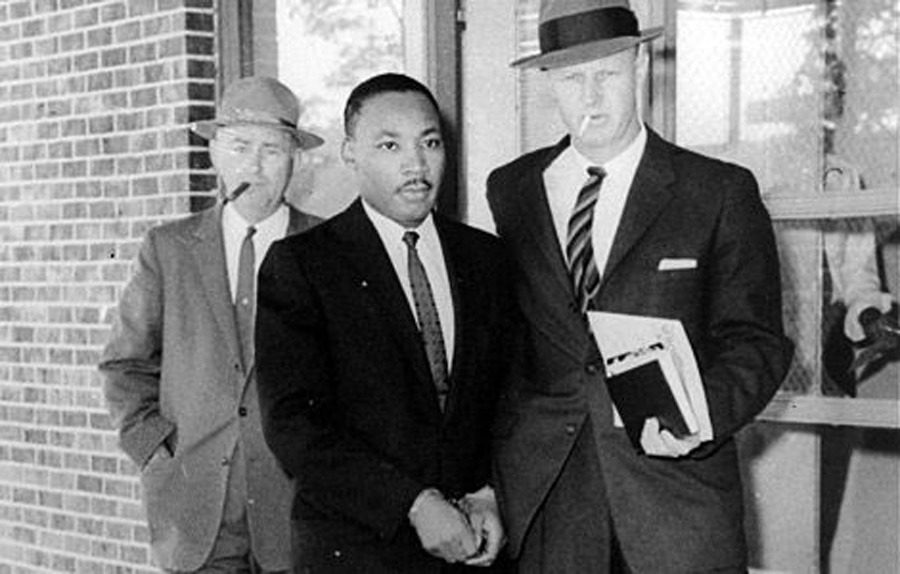
Martin Luther King Jr. in FBI custody
These days they call that kind of open public shaming treatment a “perp walk”—where the police purposely and knowingly walk the perpetrator of a supposed crime directly past the news cameras. Of course, for most of the people watching, a handcuffed perp walk implies guilt, makes the “perp” seem like a dangerous criminal, and causes the person under arrest to appear cowed and subdued by the forces of societal justice.
But even though I was a kid at the time, I’ll never forget the look on Dr. King’s face: quiet, gentle, unperturbed, resolute. He truly did seem like a regal king that day, a true monarch who knew that misguided law enforcement minions and their jails could only increase the power of his cause. He knew jails couldn’t hold back justice.
That exact moment—I think I was about eleven years old, sitting on the floor in my parent’s living room and looking up at our little black-and-white television—formed a real turning point in my life. I realized right then, for some unknown reason, the great distance between Dr. King’s noble inner intent and the intentionally demeaning image of his outward situation. At that precise moment, his predicament and his calm, spiritual acceptance of it taught me to look beyond what I could see with my eyes and try to see more deeply with my feelings, my thoughts and my soul.
I don’t know how that happened. As if by some mysterious process, somehow I knew instantly, just from the look on his face, how he felt. Anyone who has ever suffered an injustice, a wrongful accusation, a gross violation of their human rights, could see the wrongness in Dr. King’s arrest and incarceration—and the absolute conviction in his expression that his suffering meant something. All you have to do is look at that picture with an open heart and mind and you’ll see what I mean.
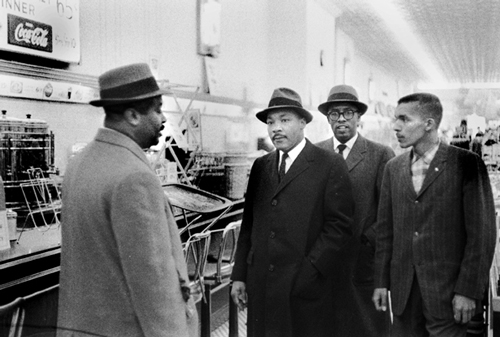
Martin Luther King Jr. during a sit-in at Woolrich’s lunch counter(Durham, North Carolina, February 16, 1960)
Of course, the arrest happened because Dr. King had participated in a peaceful sit-in and violated a racist Jim Crow law of some sort—“gathering while black,” I suppose; or sitting down at a segregated all-white lunch counter—and once again the police had vigorously enforced those unjust laws designed to keep the races apart. Of course, Dr. King and the hundreds of thousands of others who participated in the civil rights movement ultimately succeeded in overturning those Jim Crow laws. All of that happened because Dr. King and so many other brave souls realized that freedom is not a matter of place, but a matter of the spirit.
Looking at the photo of Dr. King’s perp walk made me think of Baha’u’llah and Abdu’l-Baha, also unjustly jailed for their beliefs. This brief story, told by the early American Baha’i Albert Vail, illustrates the connection:
When he is put in prison for teaching universal peace and universal brotherhood he counts this imprisonment the joy of his life. Abdu’l-Baha tells us how when he was one day in the streets of Akka and the chains were around his waist and his neck, the jailer, his tender-hearted jailer, said, “Why don’t you put a robe over those chains so the boys won’t throw stones at you?” Abdu’l-Baha, turning to him, replied: “These chains are my badges of honour, my badges of glory, I could not conceal them.” – Star of the West, Volume 6, p. 147.
Abdu’l-Baha understood that prison can mean absolute freedom—the freedom to assert the human conscience in defense of what is right:
Freedom is not a matter of place. It is a condition…
Unless one accepts dire vicissitudes, he will not attain. To me prison is freedom, troubles rest me, death is life, and to be despised is honour. Therefore, I was happy all that time in prison. When one is released from the prison of self, that is indeed release, for that is the greater prison. When this release takes place, then one cannot be outwardly imprisoned. When they put my feet in stocks, I would say to the guard, ’You cannot imprison me, for here I have light and air and bread and water. There will come a time when my body will be in the ground, and I shall have neither light nor air nor food nor water, but even then I shall not be imprisoned.’ The afflictions which come to humanity sometimes tend to centre the consciousness upon the limitations, and this is a veritable prison. Release comes by making of the will a Door through which the confirmations of the Spirit come. – Abdu’l-Baha, Abdu’l-Baha in London, p. 119.


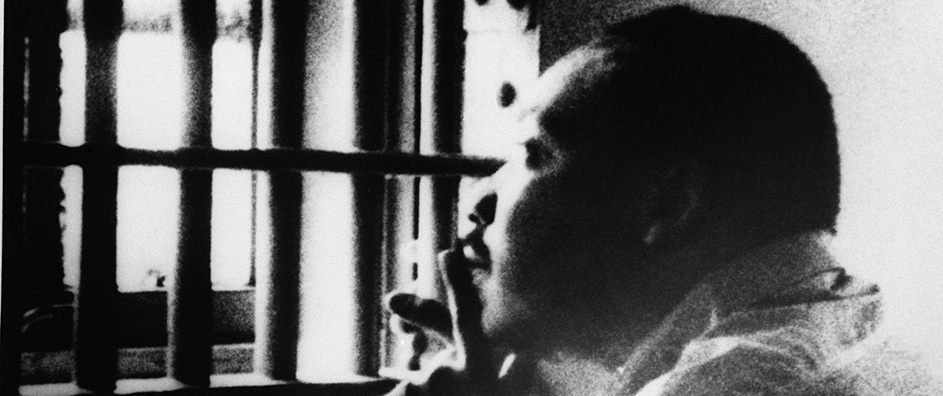

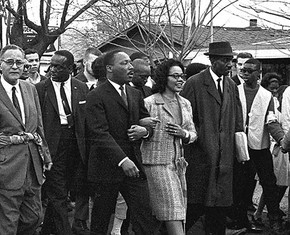
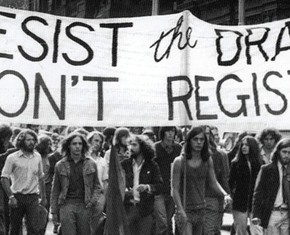
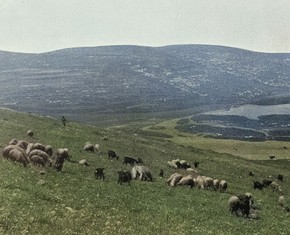






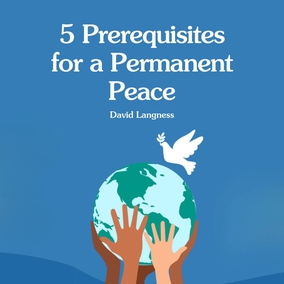
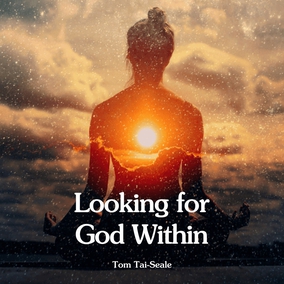

Comments
Sign in or create an account
Continue with Googleor